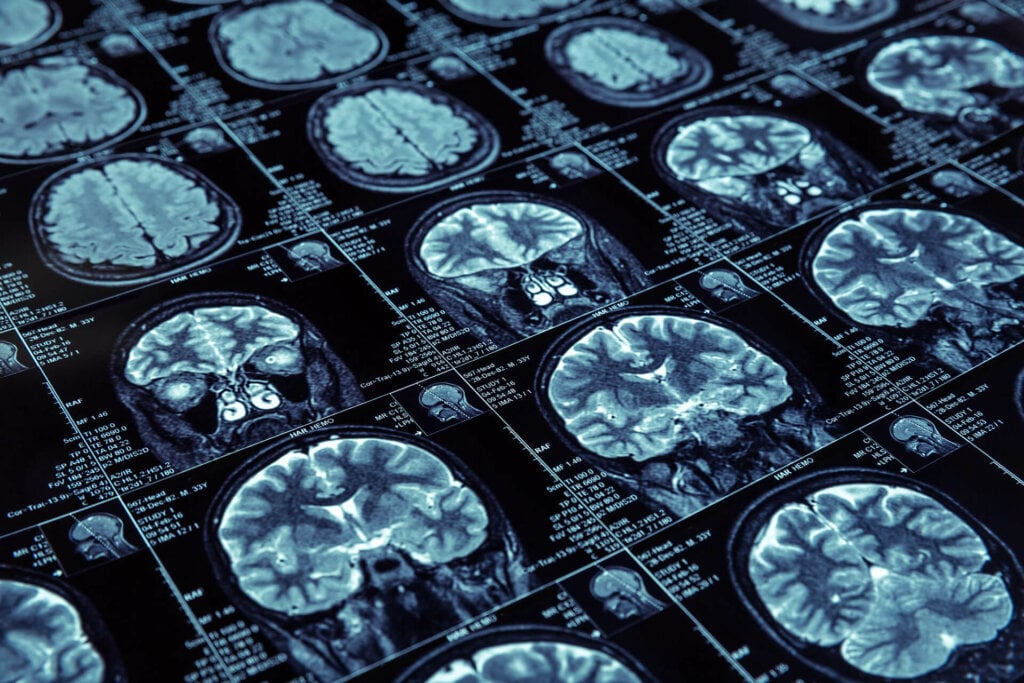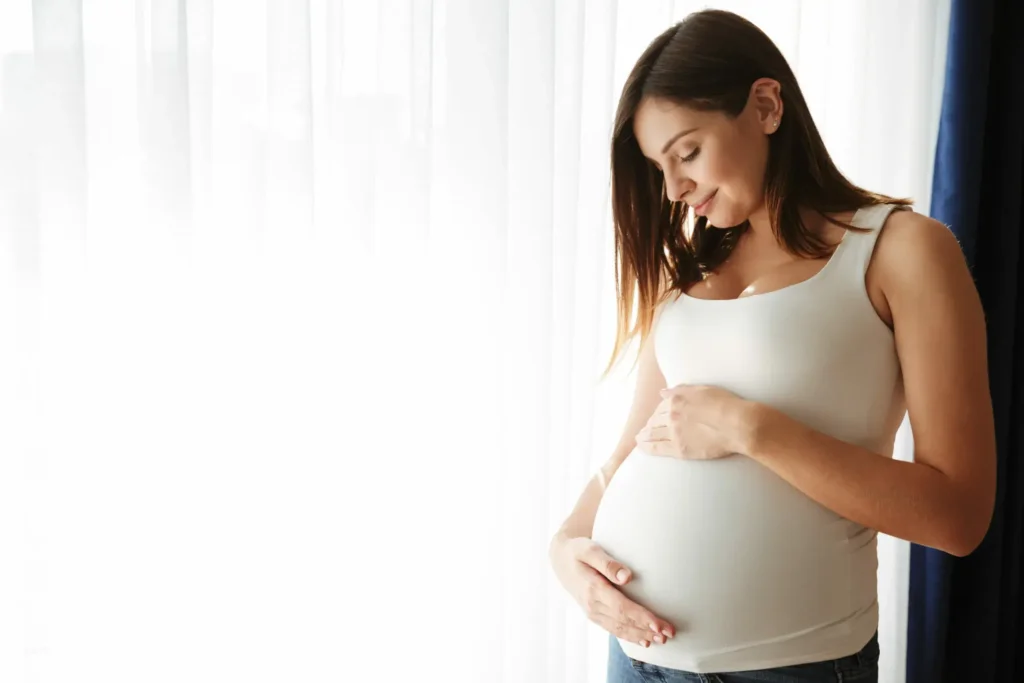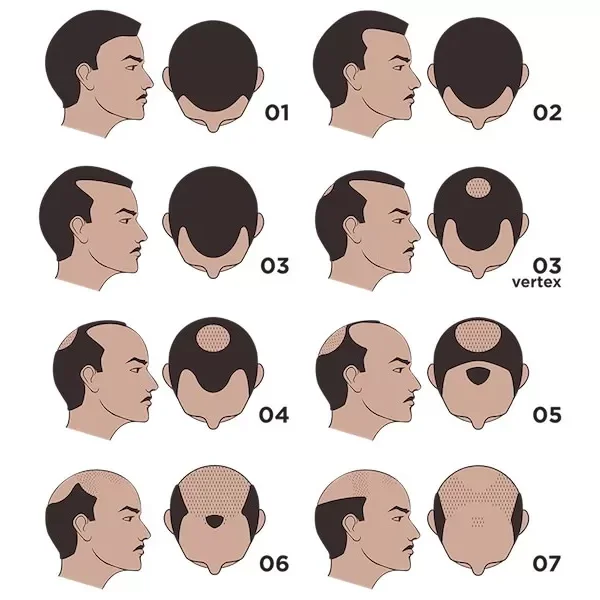Although hair loss is more common in men, it is a significant concern for both genders. The number of women suffering from hair loss is significant, and there are numerous treatment options available, including hair transplants.
All techniques of hair transplant can be performed for females. While the demand for hair transplants is not as high among women as it is among men, the number of women who have benefited from this treatment for hair loss is significant.
There are a number of reasons for hair loss in females, including androgenetic alopecia (female pattern hair loss), vitamin deficiencies, genetics, hormonal changes, and pregnancy. Pregnancy is a significant factor in the irregularities of the hair growth cycle.
Hair Loss During Pregnancy
It should be noted that not all women experience hair loss during pregnancy. In most cases, the situation occurs after the baby’s delivery. However, every condition is unique, and it is possible to encounter the state in all phases of pregnancy.
It is important to note that the female body undergoes significant changes during pregnancy. The most significant changes are those affecting hormonal balance, which may result in hair loss. Hormonal changes may also increase anxiety and stress, another common reason for hair loss. Pregnant women are also very likely to suffer from vitamin deficiencies, which can contribute to hair loss during pregnancy.
Hair Transplants During Pregnancy
It is a common misconception among pregnant women that hair transplantation is a suitable procedure during pregnancy. However, there are several reasons why this is not the case.
Firstly, the hair loss experienced during pregnancy is likely to be temporary unless the underlying cause is a permanent condition unrelated to pregnancy. Therefore, it is inadvisable to undergo a hair transplant before determining the actual cause of the hair loss. The condition may disappear after childbirth, allowing the body to resume its natural processes.
Secondly, the medication and the anesthetic agents used in a hair transplant operation may have an adverse effect on the patient and the baby. Considering that a hair transplant is elective surgery, medical professionals advise that this risk of harm should be avoided, and patients should wait for the appropriate time after the pregnancy for their hair transplant.
Hair Transplant After Pregnancy
It is important to note that the period after the birth of a child is a time of increased risk of hair loss for women. This is due to the return of hormones to their original state, which results in a significant decrease in estrogen. This often results in temporary hair loss until the body resumes its regular cycle.
It is advisable to consider hair restoration procedures around a year after childbirth. The medications used in hair transplants can affect breast milk and the baby.
Furthermore, it is not possible to ascertain the precise nature of the hair loss condition or its causal relationship with pregnancy until the body has had time to regulate itself after childbirth. To ensure a safe and successful treatment outcome, it is advisable for women to consider these factors and to consult with a professional.
If you want to see your hair restoration options after pregnancy and get a detailed consultation from Clinic Mono’s contracted hair transplant specialists, you can contact Clinic Mono’s contracted medical team anytime you want.









